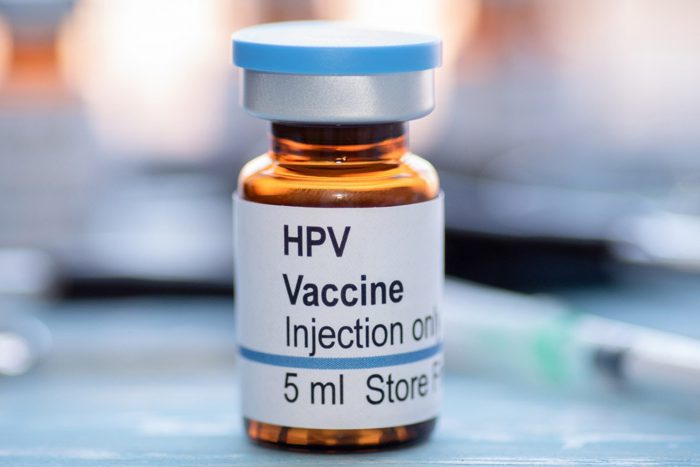
Human Papillomavirus (HPV) is a common virus with many different strains and is involved in various different health conditions including genital warts and various cancers such as cervical, anal, penile, vulvar and vaginal cancers. Approximately 14 million new cases are reported annually in the United States alone with nearly half occurring in young persons aged 15 through 24 (CDC, 2021). Nowadays, most young persons are vaccinated but some may get infected with HPV before being vaccinated. For such persons, it raises an important question: can the HPV vaccine still play a crucial role for those who have already been infected?
Enhanced Protection from HPV Vaccine
Keep in mind there are many different strains of HPV – in fact there are more than 150 strains of HPV, 40 of which affect the genital area. Even after an HPV infection, receiving the vaccine can still be beneficial, particularly in young persons aged 9 through 26 years. This is because HPV vaccines, such as Gardasil 9, shields against multiple strains of the virus, including those most likely to cause cancer and genital warts (CDC, 2021). Gardasil 9 actually protects against nine HPV types (6, 11, 16, 18, 31, 33, 45, 52, and 58) and it is types 16 and 18 that cause most HPV cancers. So even if someone has been infected with a particular strain, the natural immunity they develop will not protect them against all strains forever (Beachler, 2016) meaning it’s beneficial to still get vaccinated.
Contribution to Herd Immunity from HPV Vaccination
Vaccinating even after an infection also contributes to overall community health by helping increase “herd immunity” (Spinner, 2019). Herd immunity is the idea that when many people are immune to a contagious disease, usually by getting a vaccine, it’s harder for that infection to spread in a community. In other words, the more people in a community that are vaccinated, the harder it becomes for a virus to spread throughout the community. So by choosing to vaccinate, people are not only protecting themselves but also contributing to the broader community’s well-being, helping to protect those who for example cannot receive the vaccine due to medical contraindications.
Conclusion
While it’s best to receive the HPV vaccine before infection, it can still be helpful to get vaccinated for those aged 9 through 26 (vaccination is generally not recommended for everyone older than 26 although some people may benefit). The vaccine can help protect against multiple strains, particularly the more dangerous ones that cause cancer, and vaccination can contribute to protecting the health of the community by increasing herd immunity.
References:
- Centers for Disease Control and Prevention. Epidemiology and Prevention of Vaccine-Preventable Diseases. Hall E., Wodi A.P., Hamborsky J., et al., eds. 14th ed. Washington, D.C. Public Health Foundation, 2021.
- Beachler DC, Jenkins G, Safaeian M, Kreimer AR, Wentzensen N. Natural Acquired Immunity Against Subsequent Genital Human Papillomavirus Infection: A Systematic Review and Meta-analysis. J Infect Dis. 2016 May 1;213(9):1444-54. doi: 10.1093/infdis/jiv753. Epub 2015 Dec 21. PMID: 26690341; PMCID: PMC4813740.
- Spinner C, Ding L, Bernstein DI, Brown DR, Franco EL, Covert C, Kahn JA. Human Papillomavirus Vaccine Effectiveness and Herd Protection in Young Women. Pediatrics. 2019 Feb;143(2):e20181902. doi: 10.1542/peds.2018-1902. Epub 2019 Jan 22. PMID: 30670582; PMCID: PMC6361347.






